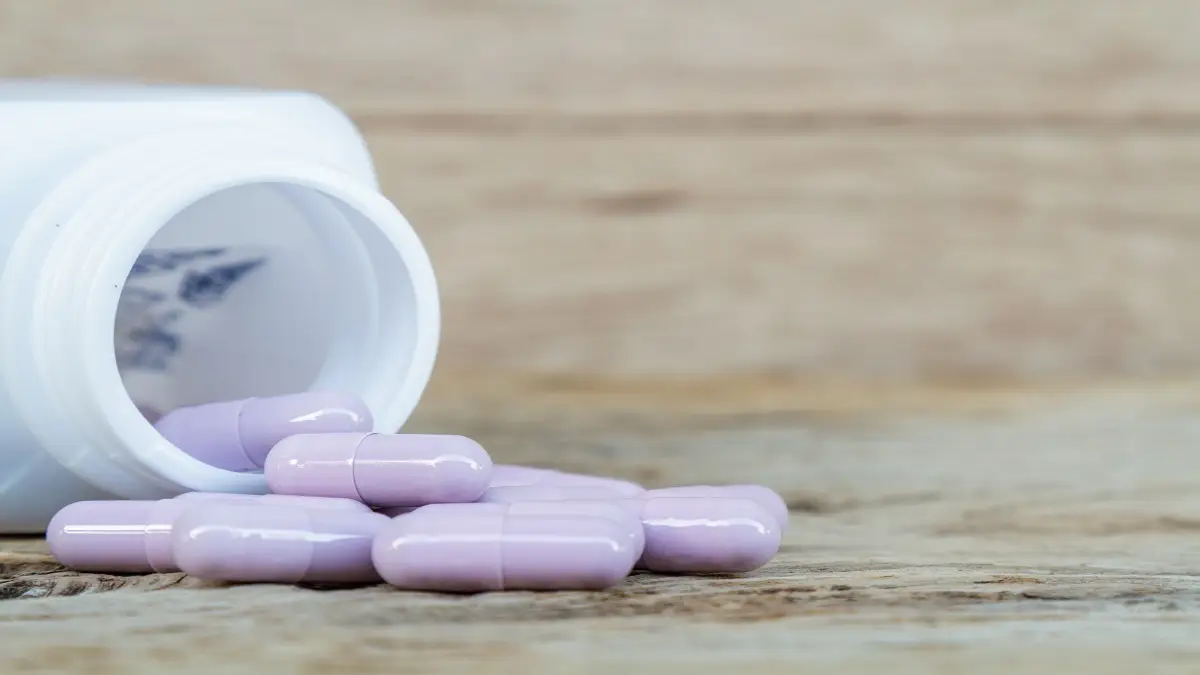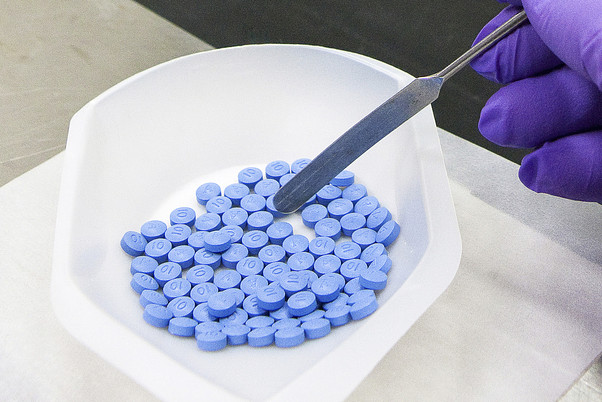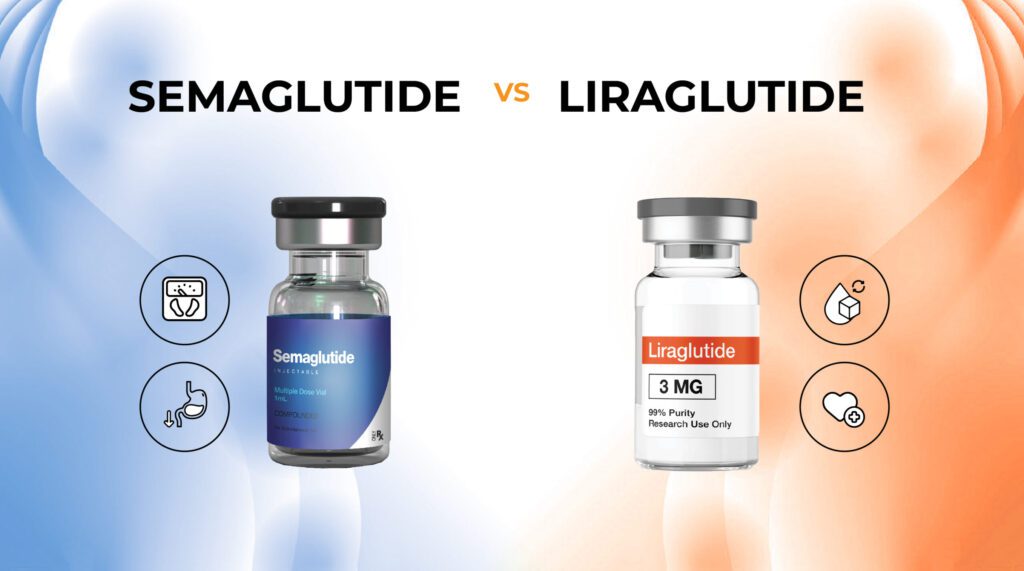Food to Avoid on Contrave?
Introduction: Food to Avoid on Contrave?
When taking Contrave, it’s crucial to adhere to specific dietary guidelines to minimize risks. Avoid high-fat meals, as they can increase drug levels in the system, significantly raising the risk of seizures. This is particularly important for individuals with a history of seizure disorders.
Additionally, it’s essential to minimize alcohol consumption. Alcohol can interact with Contrave, heightening the risk of adverse effects. For those who consume alcohol regularly, sudden discontinuation may pose serious dangers; it’s vital to discuss any changes with a healthcare provider.
Individuals with a history of eating disorders or seizure disorders have specific contraindications regarding Contrave use. These conditions require close monitoring and often disqualify them from using this medication due to the increased risk of adverse effects.
By following these guidelines, you can help ensure a safer experience with Contrave and minimize potential health risks. Always consult your healthcare provider for personalized advice.
Examples of Fatty Foods To Avoid On Contrave
When managing weight and health, particularly while using medications like Contrave, it’s essential to be mindful of dietary choices. Contrave is a prescription medication designed to aid in weight loss by helping control cravings and promoting a feeling of fullness. However, the effectiveness of this treatment can be compromised by the consumption of certain fatty foods, which may contribute to weight gain and mitigate the desired outcomes of the medication. By avoiding specific high-fat foods, individuals can create a more conducive environment for weight loss, enhance the benefits of Contrave, and support overall health. Below are examples of fatty foods to steer clear of while on this weight management journey.
Avocado
The avocado is a unique high-fat fruit, renowned for its creamy texture and rich flavor. Comprising approximately 22 grams of fat per fruit, it predominantly contains monounsaturated fat, which is known for its heart-healthy benefits. This beneficial fat can help to lower bad cholesterol levels and support overall cardiovascular health.
Beyond its fat content, avocados are packed with nutritional benefits. They are an excellent source of carotenoids, which play a vital role in eye health, as well as potassium, which is essential for maintaining healthy blood pressure levels. Additionally, avocados are rich in fiber, which aids digestion and promotes a feeling of fullness.
However, it’s important to note that avocados should be avoided when taking Contrave, a prescription medication used for weight management. While avocados offer numerous health benefits, their high-fat content may not align with the dietary restrictions associated with this medication. Therefore, it’s essential to be mindful of your avocado consumption if you are on Contrave.
Butter
Butter is a common ingredient in many kitchens, prized for its rich flavor and texture. However, it has a high fat content, containing approximately 11.52 grams of fat per 100 grams, with about 7.29 grams classified as saturated fat. This high level of saturated fat is concerning, as studies have linked it to an increased risk of heart disease.
For those on Contrave, which is used to assist with weight loss, it is especially important to minimize butter usage due to its unhealthy fat profile. Instead, consider healthier alternatives such as olive oil or reduced-fat plant spreads. These options not only provide a more beneficial fat content but also contribute to a balanced diet and heart health.
Incorporating these alternatives can help you enjoy the flavors you love while making more heart-healthy choices. By being mindful of butter’s fat content and its saturated fat, you can better manage your health and well-being while on your weight loss journey.
Cheese
Cheese comes in various types, each differing in fat content. Soft cheeses, such as Brie and Camembert, are the highest in fat, often exceeding 20 grams per serving. These creamy delights are rich and indulgent, making them a favorite for cheese lovers.
On the other end of the spectrum, low-fat cheeses, like cottage cheese, contain about 3 grams of fat per serving. This makes them a popular choice for those looking to reduce their fat intake while still enjoying the flavor of cheese.
When it comes to reduced-fat cheeses, these typically have around 5-6 grams of fat, offering a compromise between flavor and fat content. In contrast, regular cheeses usually contain 10 grams or more of fat per serving, providing a richer taste.
Some varieties, particularly blue cheese and full-fat cream cheese, can exceed 13 grams of fat per serving, making them more decadent options for special occasions. Understanding these classifications helps cheese enthusiasts choose according to their dietary preferences while still enjoying the diverse world of cheese.
Eggs
Eggs are a nutrient-dense food that packs a punch in terms of their nutritional profile. Each large egg contains approximately 5 grams of fat, most of which is found in the egg yolk. This natural fat contributes to the egg’s overall richness and provides a source of healthy fats that support various bodily functions. In addition to fat, eggs are an excellent source of high-quality proteins, making them a versatile addition to many diets.
However, when considering the consumption of eggs alongside medications like Contrave, caution is warranted. Contrave, which is often prescribed for weight management, may have interactions that could complicate dietary choices, particularly those involving higher-fat foods such as eggs. While eggs can be part of a balanced diet, individuals using Contrave should be aware of the potential impact of their dietary fats and proteins on the medication’s effectiveness. Therefore, it’s important to consult with a healthcare professional to ensure that your diet aligns well with your treatment plan.
Fried Foods
Fried foods are linked to various negative health impacts, primarily due to their high content of unhealthy fats. Items such as French fries, fried chicken, mozzarella sticks, and even fried vegetables are often cooked in oils that contain trans fats or saturated fats, which can increase bad cholesterol levels and lead to heart disease.
For those taking Contrave, a weight management medication, it’s crucial to avoid fried foods. This is because these foods can exacerbate side effects such as nausea, vomiting, diarrhea, and stomachaches. The greasy and heavy nature of fried items can irritate the gastrointestinal system, making the side effects of Contrave more pronounced and uncomfortable.
To support your health and enhance the effectiveness of Contrave, it’s advisable to limit fried foods in your diet and choose healthier cooking methods like baking or grilling. Opting for whole, unprocessed foods instead can significantly improve overall well-being and help mitigate the unwanted side effects associated with Contrave.
Fatty meats
When taking Contrave, it’s crucial to avoid fatty meats, as they can interfere with the medication’s effectiveness and increase health risks. High-fat foods, such as pork chops, sausage, and poultry skin, can heighten the absorption of Contrave, potentially leading to adverse effects.
The consumption of fatty meats may also contribute to a heightened seizure risk, a serious concern for those on this medication. Foods rich in unhealthy fats can exacerbate side effects, ultimately compromising the benefits of Contrave in managing weight.
To support the efficacy of your treatment and maintain your health, it is essential to adhere to dietary recommendations that emphasize low-fat options. Opt for lean proteins, such as skinless poultry, fish, and plant-based sources, while steering clear of high-fat meats that could jeopardize your progress. Prioritizing a balanced diet alongside your medication regimen will help ensure safer and more effective results.
Other higher-fat foods to avoid
When taking Contrave for weight loss, it’s essential to be mindful of higher-fat foods that can undermine your progress. In addition to sour cream, ice cream, cheese, and fried foods, you should also avoid items like butter, fatty cuts of meat, cream sauces, and packaged snacks high in trans fats.
These foods can be high in calories and low in nutritional value, making it challenging to achieve and maintain a calorie deficit necessary for weight loss. Consuming them may not only hinder your weight loss efforts but also pose potential risks, such as gastrointestinal discomfort, which can be exacerbated by Contrave.
For optimal results, focus on a balanced diet rich in whole, nutrient-dense foods while minimizing high-fat options. It’s crucial to consult a healthcare professional for personalized dietary guidance that aligns with your weight loss goals and ensures safe medication use. Remember, choosing the right foods can significantly impact your journey toward better health.
What To Do If You Eat Fatty Foods While on Contrave
If you consume fatty foods while on Contrave, it’s crucial to consult your healthcare provider. High-fat meals can significantly increase the absorption of Contrave, which may raise the risk of seizures, a serious side effect associated with this medication. To minimize this risk, it’s recommended to wait at least two hours after taking your medication before eating a high-fat meal.
If you find yourself in this situation, notify your healthcare provider about your consumption of fatty foods, as they may need to consider adjusting your dosage. This is particularly important for your safety and the effectiveness of the medication. Always prioritize open communication with your healthcare provider, especially regarding any dietary changes while on Contrave, to ensure you manage your treatment safely and effectively.
What to Eat On Contrave
When taking Contrave, it’s essential to follow key dietary recommendations to maximize its effectiveness. Focus on a reduced-calorie, nutritionally balanced diet that emphasizes fruits, vegetables, lean proteins, and high-fiber foods. Incorporate skinless poultry, such as chicken or turkey, to provide healthy protein options. Whole grains, like brown rice and quinoa, should be included to enhance fiber intake, promoting satiety and digestive health.
Low-fat dairy products can also be beneficial, offering essential nutrients without excess calories. Consider alternatives like Greek yogurt or skim milk, which can enrich your diet while keeping calories in check. Aim for a variety of colorful fruits and veggies to ensure you receive an array of vitamins and minerals.
Remember that dietary needs may vary based on pre-existing health conditions, so it’s advisable to consult with a healthcare professional. Combining these dietary recommendations with regular exercise will optimize results and support overall well-being while on Contrave.
Food To Avoid on Contrave Summary
When taking Contrave for weight loss and obesity management, it is essential to avoid certain foods to maximize the medication’s effectiveness. One of the primary dietary considerations is to steer clear of fatty foods. High-fat meals can increase the levels of Contrave in your bloodstream, potentially raising the risk of seizures, a serious concern for those prescribed this medication.
Fatty foods, such as fried items, full-fat dairy products, and processed snacks, should be limited or eliminated from your diet. Instead, focus on a balanced intake of lean proteins, whole grains, fruits, and vegetables. These choices not only support your weight loss efforts but also contribute to overall health and minimize any adverse effects associated with Contrave.
Making mindful dietary adjustments is crucial for those on Contrave to ensure optimal results in combating obesity while mitigating risks. Prioritizing a healthy, low-fat diet is vital in supporting your weight loss journey and enhancing the safety of your treatment plan.



